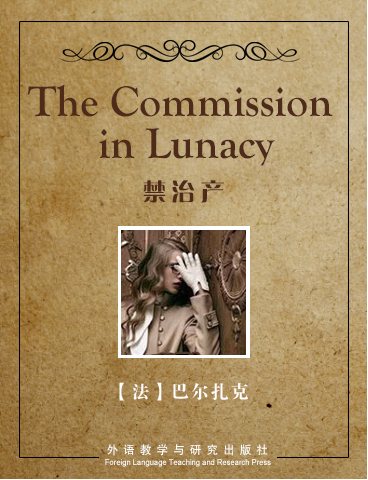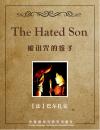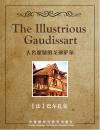In 1828, at about one o'clock one morning, two persons came out of a large house in the Rue du Faubourg Saint-Honore, near the Elysee- Bourbon. One was the famous doctor, Horace Bianchon; the other was one of the most elegant men in Paris, the Baron de Rastignac; they were friends of long standing. Each had sent away his carriage, and no cab was to be seen in the street; but the night was fine, and the pavement dry.
"We will walk as far as the boulevard," said Eugene de Rastignac to Bianchon. "You can get a hackney cab at the club; there is always one to be found there till daybreak. Come with me as far as my house."
爱斯帕尔侯爵是个正直、厚道、大方的人,他不忘别人对自己的好处,甚至为一个有志的年轻军官让雷诺争得了男爵的贵族头衔。他对自己的两个孩子的教育抓的很严,让他们和平民的孩子一起生活学习,不让他们过贵族的寄生生活。他从年轻时代就对中国文化艺术情有独钟,不惜花掉很多金钱购买和收藏中国古玩。这一切都引起了爱斯帕尔侯爵夫人的强烈不满。爱斯帕尔夫人是个爱慕虚荣的女人,为了制止丈夫的所作所为,为了把孩子弄回身边,更是为了独占家产,她竟向法院诬告自己的丈夫神经有毛病,要求法庭对他实施禁治产的法律条款。德高望重的波皮诺法官,经过多方调查,搜集了大量证据准备驳回侯爵夫人的上诉。但是这位夫人靠各种关系、耍手腕、设陷阱、致使大法官被剥夺了行使职能的权利.
From Lost Illusions. Scenes From Provincial Life from The Human Comedy (La Comedie Humaine). By the French author, who, along with Flaubert, is generally regarded as a founding-father of realism in European fiction. His large output of works, collectively entitled The Human Comedy (La Comedie Humaine), consists of 95 finished works (stories, novels and essays) and 48 unfinished works. His stories are an attempt to comprehend and depict the realities of life in contemporary bourgeois France. They are placed in a variety of settings, with characters reappearing in multiple stories.
- The Commission in Lunacy
- 书评 写书评
- 笔记
-
书评加载中...























 京公网安备 11010802032529号
京公网安备 11010802032529号
笔记加载中...